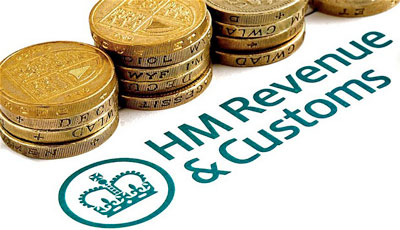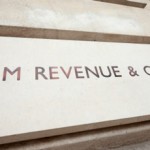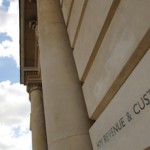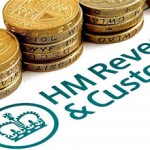CEOs must act before HMRC’s investigations

The phenomenal pace of international tax transparency initiatives continues to accelerate.
Chancellor of the Exchequer, George Osborne, announced at the G5 finance ministers’ meeting this week that agreements for the automatic exchange of information between the UK, France, Germany, Italy and Spain will be signed in October 2014.
This latest development forms part of the drive to achieve a global standard for the automatic exchange of tax information, as developed by the OECD and endorsed by the G20.
As a result, it is crucial that financial institutions prepare to meet the relevant legal and regulatory requirements to mitigate the financial, regulatory, legal and reputational risks of non-compliance.
The Chancellor’s attendance at the meeting comes as HM Revenue & Customs (HMRC) continues to clamp down on tax evasion.
By the end of May 2014, HMRC will be writing to a further 11,000 UK taxpayers with Swiss bank accounts and 2,000 taxpayers with other offshore accounts. Upon receiving a letter, those tax payers will need to prove that they have met their tax liabilities.
If unsatisfied, HMRC will consider launching formal enquiries.
Once HMRC enquiries begin, this may preclude these tax payers from utilising the opportunities available to regularise their tax affairs such as the Liechtenstein Disclosure Facility or a similar facility in the Crown Dependencies for taxpayers with existing assets there.
These facilities provide extremely beneficial terms (including no tax to pay for periods prior to 1999 and heavily reduced penalties); they can also provide protection from prosecution.
Moreover, after April 2015, a new strict liability criminal offence has been proposed which, if implemented, would criminalise those who have undeclared income and gains from offshore assets and put the burden on them to show that the assets are legitimately held.
Simon Airey, Head of Investigations & Compliance at DLA Piper, comments:
“The Chancellor reinforced on Monday the clear message that the net is closing rapidly on those holding assets offshore with an intention to evade tax. Once the various tax transparency initiatives commence and tax information is exchanged between an increasing number of countries, it will become substantially easier for tax authorities to locate and identify previously undisclosed income and gains.
UK taxpayers who have concerns regarding undeclared liabilities anywhere in the world should consult a tax investigations expert at, or in conjunction with, a law firm without delay. If HMRC instigates an investigation before a voluntary disclosure is made, all bets are off and the risk of prosecution increases significantly.”
Source: DoF



























